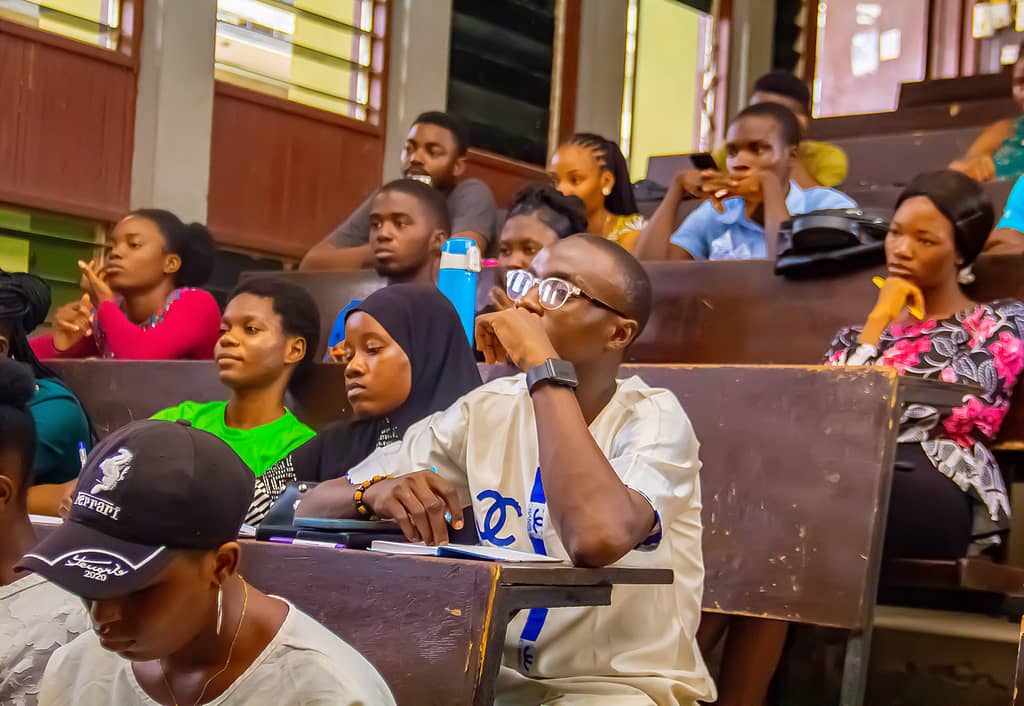Introduction
Ever tried to meet a deadline with a tight budget, unreliable power, and sluggish internet?
It is a frustrating reality for many, but the work still has to be completed.
When the pressure is on, that is the moment when two distinct types of youths emerge to meet the challenge.
Alex complains about all the things he does not have, shifting blame for the lack of infrastructure, bad governance, and throwing his hands in the air affirming his “I’ve done all I can” thoughts that race through his mind each time he encounters difficulties.
On the other hand, there is Michael. In his case, he rises to the problem by proving what true leadership entails. He believes that instead of complaining bitterly about what is not working, one should look around to get alternative ways to get things done and recommend an affordable option that works in various life endeavours. Except for situations beyond his control.
Michael shows an uncommon kind of resilience and creativity that turns obstacles into a starting point. This kind of confident ability to make something out of nothing makes him not just valuable, but important wherever he finds himself.
Now, think about the story for a moment. What was it that allowed Michael to overcome those obstacles?
It was not just about resilience or hard work. It was for the development of some crucial skills. A youth may never learn these skills within the four walls of the classroom.
You have a bit of Michael in you as a youth. Here’s how to tap into your full potential.

The Indispensable Mindset: Key Skills for Modern Leaders
– If you must be desired, you have to break out of the norm by taking initiative. Take ownership at your place of work, business, church, school, environment, or whatever movement you are part of. Taking action without being asked to is a major indicator that makes you stand out. That way, you get more people to be interested in your person.
Les Brown said, “To achieve something that you have never achieved before, you must become someone that you have never been before.”
– You must engage in active listening as it enables you to build trust and helps you understand others. Beyond words shared, it encompasses understanding the emotions and perspective behind them. That is to say that communication is not just about finding the right words. It has to do with finding the right ears. People feel deeply valued and understood when they know you are truly there to listen.

Your Blueprint for Action
Here are some guides to help you develop into becoming the youth everyone desires to work with:
– Start with a problem and then end with a solution: Limit your complaint and excuse your excuses. See more of the solution than the problem. A lot of youths fail to realise that they become what they think about most of the time.
For example, if a person constantly thinks and talks about problems and faults, they attract more issues and negativity into their life. You don’t want to be that kind of person, do you? To achieve goals, you must focus your thoughts and conversations on what you want to achieve, not on what you don’t want.
– Communicate with clarity: A great communicator is not focused on just being clear about his/her message; rather, he creates a genuine connection built on empathy and a focus on others. You must be that one person who understands the essence of effective communication to win people’s hearts.
– Build your network with purpose and not just contacts: Take a moment to analyse your current network.
How many people on your list have genuinely and positively impacted your life?
If that number is less compared to the number of casual acquaintances you keep for the sake of seeing their social media updates, it may be time to reassess your connections. The strength of your network is not built on a long list of contacts.

Conclusion
You do not become an inspiration by following the crowd.
You become one by leading the way; doing what others would not – taking responsibility, driving change, and inspiring your generation by your example.
